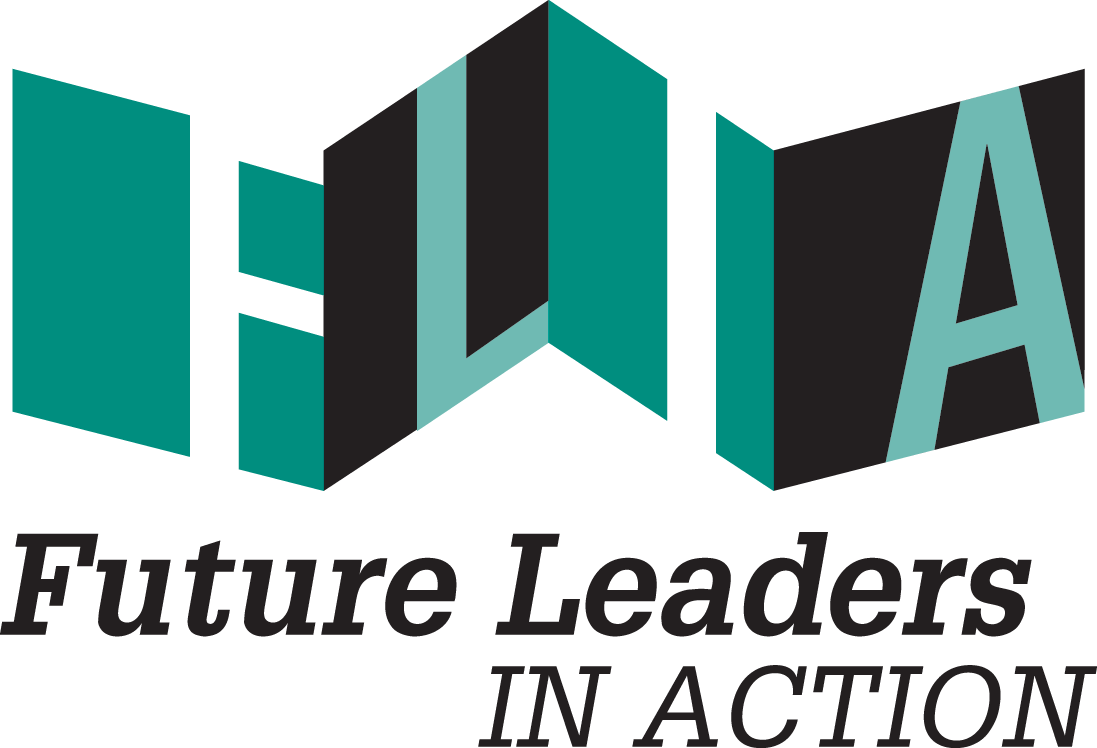Source: Grinnell, Iowa by Aaron Tait. Wikipedia
The moment that I moved to a small town in Iowa, I realized that the greatest thing about having lived in a large city all my life was something that often goes overlooked: accessibility to basic resources for one’s well-being. If there is anything people that know me can tell you about me, it is that I am a city girl through and through and the beautiful city of Chicago, my hometown, will always have my heart. There are so many things that I love about growing up in a big city like Chicago - the multitude of unique neighborhoods and cultures that populate it, the endless supply of fantastic places to dine, the downtown skyline, and the list goes on and on.
The moment that I moved to a small town in Iowa, the resources I had grown accustomed to suddenly disappeared.
Being from an urban area, I did not have much, but I always felt like I had places to go and resources to turn to. I never questioned how I would get anywhere because I had an extensive public transportation system at my disposal. As a college student, I still had the privilege of being surrounded by resources provided by the campus, but I noticed the experience of the community members that the town consisted of beyond the student body painted a different picture. I began to learn more about rural poverty and how the lack of several factors, many of which are often associated with urban areas (easy transportation, access to food, etc.) heavily impacted the abilities of families to gain upward mobility, let alone maintain financial stability.
As my time in Iowa continued, I became passionate about informing myself on the experiences of those affected by rural poverty because, even if their surroundings differed my own back in my hometown of Chicago, the battle to stay afloat remained the same. In fact, what I would learn is that, in some cases, rural populations are more heavily affected.
My time at YSS has only heightened my awareness when it comes to the lack of accessibility to resources in smaller/rural communities. While YSS provides resources for many urban-like communities, they also strive to increase services available in the many small towns in central Iowa and other nearby counties. With this goal in mind, my own interest in increasing accessibility, and the opportunity Future Leaders in Action presented me with by placing me at YSS, I vowed to try to make a mark in increasing knowledge of resources available and helping others to created new resources.
A big part of this mission came in the form of a resource guide as a part of my Risky Business Action Summit work.
In the resource guide, I discussed ways in which community members, many of which represented rural areas, could work together to create positive changes in their towns.
From networking and fundraising to the kinds of question to ask when holding community conversations, the resource guide’s goal is to work as a starting point for teams to use while generating an action plan to create a visible change. One of the sections of the resource guide challenges those using it to work with a team to map what resources are available in their communities and to what capacity. In doing this it shows the variety of resources each individual could connect the team to, what further research needs to be done, and what resources simply do not exist. An example of a resource map can be seen in the image below.
Source: ABCD Institute Strategic Partner, Nurture Development Ltd.
Overall, my time at YSS has been extremely informative on the needs of rural communities facing poverty and what I can do to help. The big city may forever be my home, but small towns will also have a place in my heart. I look forward to continuing to expanding my knowledge on rural poverty and working to alleviate the challenges surrounding accessibility that their inhabitants continue to face.




